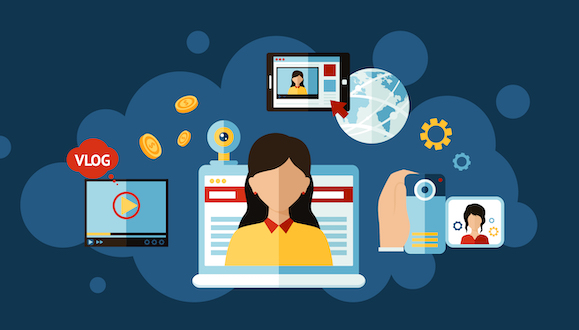
Only implementing a learning management system is not really enough to actually grow your business in this highly competitive market. To facilitate employee training, streamlining business, and improving customer experience, you need multiple business applications that can make your work easier while helping your business grow.
These business applications can be of any kind ranging from HR software to your business’s eCommerce software. However, rather than just letting all these systems work independently of each other and then facing the hassle of manually entering data across all these platforms, it is always advisable to integrate all these systems with your LMS so that data can easily flow to all the systems and the systems can ‘communicate’ with each other.
That is exactly why most tech experts advise purchasing LMSs, for example, Skilljar, that allow such integrations.
Here are the 6 essential business applications to integrate with your LMS;
SSO (single sign-on)
SSO or Single Sign-On allows your team members to sign onto the network at a job when they are on their computer and, as a consequence of merely signing on to the network, they will be logged into a variety of different software packages at work. That means staff members won’t have to waste time logging into and out of multiple programs on a daily basis, they wouldn’t have to memorize (and eventually forget) different user IDs and passwords for such programs, and you didn’t have to waste half your day helping your team members log into the LMS since they forgot their login details.
HR software (HRIS)
Connecting your LMS to your company’s HR system might a variety of daily tasks easier. After a newly recruited employee is registered into the HR software program, your LMS may immediately generate a user record for him or her, and in certain situations, the LMS can even allocate training (such as onboarding training) to that new employee. Similarly, the integration of the HRIS system with the LMS may ensure that the LMS is aware of changes in job responsibilities, work areas, or venues, and that the assigned training modules are updated to reflect such changes.
Enterprise Resource Planning software (ERP)
An LMS-ERP connection enables a firm or institution to combine its information systems into a single management solution and central database. This software is centralized and may be utilized by any of the organization’s departments.
ERP, or Enterprise Resource Planning, is a SaaS or Software-as-a-service platform that may be quite beneficial as a customer and accounts manager, as well as providing a variety of training courses. This integration employs data analysis to aid in the improvement of client interactions, with an emphasis on customer retention.
Learning Record Stores (LRS)
An LRS is pretty similar to an LMS, however, it is used to collect data regarding training progress and completion using the Experience API (xAPI). An LRS that can interact with your LMS is quite useful.
Safety/health incident tracking software
It’s convenient to use software to report, monitor, and accurate occupational instances, and it’s even better if it has been integrated with the LMS you use to manage your security training courses if your corrective measures include a safety training assessment or you want to do some data analysis and look for links between accident instances and training.
eCommerce Software
Broadly said, LMS-eCommerce integration refers to your system’s capacity and flexibility to incorporate eCommerce within your eLearning platform. It offers an SSO functionality that lets users make all of their payments with a single system login.
Shopify and WooCommerce are two typical LMS eCommerce integration examples that are utilized and connected into LMS to raise sales and enhance the shopping experience for your consumers.
Conclusion
If you understand the benefits of a centralized system that comes with a well-integrated LMS but don’t know where to start, this list of 6 essential business applications can be a good start for you so that your business can grow well and can eventually emerge as one of the leaders in the competitive market.



